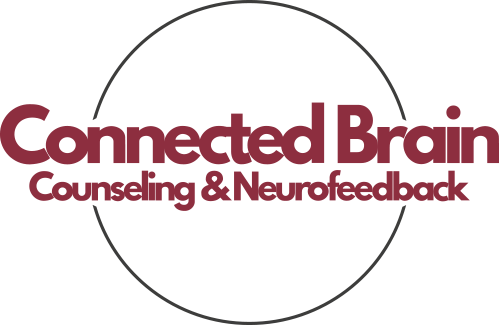What Are the Signs of Anxiety?
Anxiety can present itself in both emotional and physical ways, often affecting multiple aspects of life. Understanding these signs is the first step to addressing and managing anxiety.
- Constant Worry or Fear: People with anxiety often feel a persistent sense of dread or fear, even when there’s no immediate threat.
- Physical Symptoms: Anxiety can cause a range of physical symptoms, such as increased heart rate, sweating, trembling, shortness of breath, or digestive issues.
- Sleep Disturbances: Anxiety can interfere with sleep, making it difficult to fall or stay asleep. In some cases, people with anxiety may experience nightmares or restless nights.
- Difficulty Concentrating: Anxious thoughts can make it hard to focus on tasks, leading to decreased productivity at work or school.
- Irritability: Anxiety can lead to feelings of frustration and irritability, making social interactions more challenging.
- Panic Attacks: Some individuals with anxiety experience panic attacks, which are sudden episodes of intense fear, often accompanied by physical symptoms like chest pain, dizziness, or difficulty breathing.
What Causes Anxiety?
Several factors can contribute to the development of anxiety. It is important to understand that anxiety is multifaceted, with no single cause being responsible for every case.
- Genetics: Anxiety disorders can run in families. If you have a family member with anxiety, you may be more likely to experience it yourself.
- Brain Chemistry: Imbalances in neurotransmitters like serotonin, dopamine, and norepinephrine can contribute to anxiety disorders.
- Environmental Stressors: Situations such as financial difficulties, job stress, or relationship problems can trigger or worsen anxiety.
- Traumatic Experiences: Experiencing trauma, whether in childhood or adulthood, can lead to anxiety. This includes events like abuse, accidents, or the loss of a loved one.
- Health Conditions: Certain medical conditions, such as heart disease, thyroid issues, or chronic pain, can increase the likelihood of developing anxiety.
 How to Manage Anxiety Effectively
How to Manage Anxiety Effectively
Managing anxiety is possible with the right tools and strategies. Here are some evidence-based methods to help reduce anxiety:
1. Seek Professional Help
Therapists can help individuals with anxiety develop coping mechanisms. Cognitive-behavioral therapy (CBT), one of the most effective treatments for anxiety, focuses on identifying negative thought patterns and replacing them with healthier alternatives. Professional support can also help individuals address underlying issues contributing to their anxiety.
2. Medication
Medications such as selective serotonin reuptake inhibitors (SSRIs) or benzodiazepines may be prescribed to help manage anxiety. It’s important to work closely with a healthcare provider to find the right treatment plan.
3. Practice Mindfulness and Relaxation Techniques
Mindfulness and relaxation exercises, such as deep breathing, meditation, or progressive muscle relaxation, can help reduce stress and anxiety levels. Practicing these techniques regularly can improve overall mental health.
4. Physical Activity
Exercise is a natural stress reliever. Physical activities such as walking, running, or yoga can release endorphins that improve mood and reduce anxiety.
5. Establish Healthy Boundaries
Setting boundaries at work, in relationships, and in your personal life is crucial for maintaining balance. Overcommitting or failing to say “no” can increase anxiety levels. Learning to prioritize self-care and downtime can make a big difference.
How Therapy Can Help Reduce Anxiety
Therapy is one of the most effective ways to address anxiety. Cognitive-behavioral therapy (CBT) is particularly beneficial, helping individuals challenge and reframe their anxious thoughts. Therapists can also offer techniques for managing symptoms and provide a safe space for discussing worries and fears.
Other therapeutic approaches, such as exposure therapy, which helps individuals face their fears gradually, or acceptance and commitment therapy (ACT), which encourages mindfulness and acceptance of difficult emotions, can also be useful.
Anxiety and Depression Association of America – Understanding Anxiety
National Institute of Mental Health – Anxiety Disorders
Mayo Clinic – Anxiety Disorders
Anxiety affects many people, but it doesn’t have to control your life. By understanding the signs and causes of anxiety, and by seeking the appropriate treatment and support, you can effectively manage and reduce its impact. If you’re struggling with anxiety, Connected Brain Counseling is here to help. Contact us today for a free consultation and learn how therapy can help you regain peace of mind.





